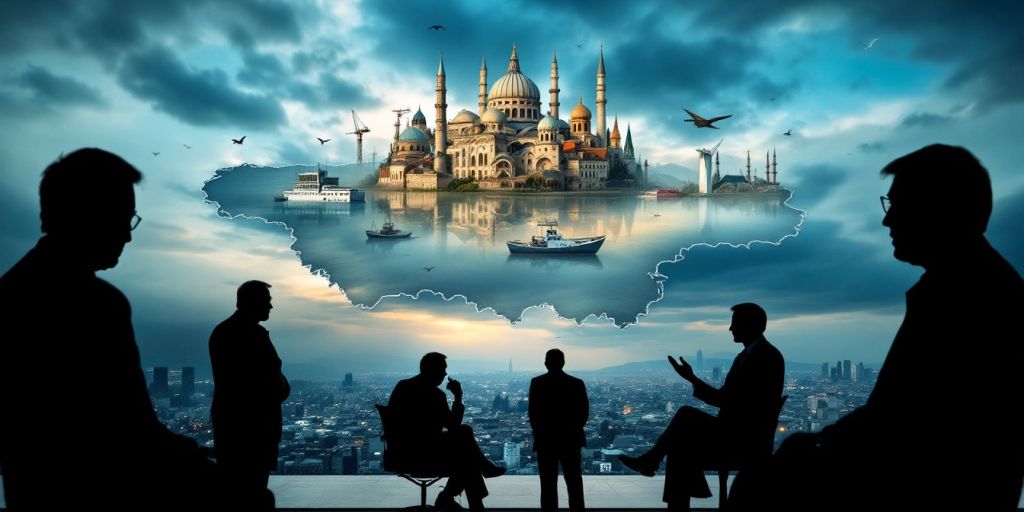The recent return of Donald Trump to the political forefront has raised questions about its implications for the Western Balkans. While the region often finds itself overshadowed by more pressing global issues, Trump’s decisions could potentially disrupt the status quo in this geopolitically sensitive area.
Key Takeaways
- Trump’s return is seen as a symbol of defiance against the political establishment by nationalist leaders in the Western Balkans.
- His administration’s approach may resonate with local sentiments against interventionism and political correctness.
- The reactions in the Western Balkans contrast sharply with the apprehension felt in Western Europe.
The Western Balkans: A Peripheral Concern
The Western Balkans have historically been on the periphery of U.S. foreign policy, often overshadowed by crises in regions like Ukraine and the Middle East. However, Trump’s return to the political arena could bring renewed attention to the area, albeit indirectly. His foreign policy decisions, particularly those affecting relations with Russia and China, may have ripple effects in the Balkans.
Nationalist Sentiments and Local Reactions
In the wake of Trump’s political resurgence, nationalist leaders across the Western Balkans have expressed satisfaction. From Belgrade to Skopje, many view Trump not just as a politician but as a figure who embodies their resistance to the established political order. This sentiment is particularly strong among those who oppose the progressive agenda and interventionist policies that have characterized previous U.S. administrations.
- Support for Trump: Nationalist leaders appreciate Trump’s stance against political correctness and his perceived willingness to challenge the status quo.
- Symbol of Defiance: For many in the region, Trump represents a break from the traditional political norms that they believe have failed them.
Diverging Perspectives in Europe
While the Western Balkans may celebrate Trump’s return, the reaction in Western Europe is markedly different. Leaders in countries like France and the UK are grappling with uncertainty about how a Trump-led U.S. might influence European security and political dynamics.
- Apprehension in Western Europe: Politicians in Brussels and other Western capitals are wary of the potential for increased instability in the Balkans if Trump pursues a more isolationist foreign policy.
- Local Celebrations: In contrast, figures like Milorad Dodik in Banja Luka have openly celebrated Trump’s return, viewing it as an opportunity to strengthen nationalist agendas.
Potential Implications for U.S. Policy
Trump’s approach to foreign policy has often been characterized by unpredictability. This unpredictability could lead to significant changes in how the U.S. engages with the Western Balkans. Key areas to watch include:
- Diplomatic Relations: Changes in U.S. diplomatic engagement could either bolster or undermine local governments, depending on their alignment with Trump’s policies.
- Economic Aid: The flow of U.S. economic assistance to the region may be influenced by Trump’s priorities, potentially impacting development projects.
- Security Dynamics: A shift in U.S. military presence or support could alter the security landscape in the Balkans, affecting regional stability.
Conclusion
As Trump re-establishes his presence in the political arena, the Western Balkans may find themselves at a crossroads. The region’s leaders are poised to respond to his policies, which could either reinforce nationalist sentiments or lead to new challenges. The coming months will be crucial in determining how Trump’s return shapes the future of the Western Balkans and its relationship with the United States.
Sources
- Trump is Back. What Does It Mean for the Western Balkans? ⋆ Visegrad Insight, Visegrad Insight.






